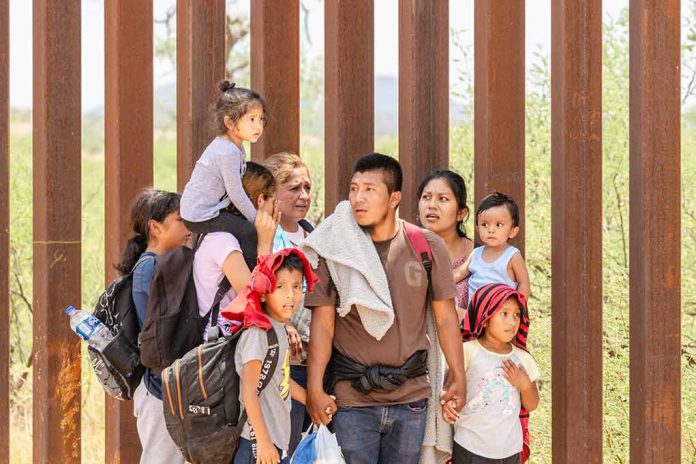
On July 1, President José Raúl Mulino took office in Panama with a strong stance on halting illegal migration through the Darién Gap. This 70-mile jungle serves as a dangerous passage for migrants from South America heading to the United States. Mulino is determined to close this gap, which has become a significant route for illegal migration.
The journey through the Darién Gap is fraught with peril, including natural hazards, criminal exploitation, and disease. In 2023, this treacherous route saw a record 520,000 migrant crossings, causing severe humanitarian and environmental impacts.
Promises Made, Promises Broken
Mulino secured a promise from the Biden-Harris administration for financial aid and possibly planes to deport migrants. However, nearly two months after the pledge, this aid has not materialized. Consequently, migrants continue to undertake the dangerous journey through the Gap.
“We’re waiting,” said a senior Panama government official, who spoke on condition of anonymity because of the diplomatic sensitivity of the topic. “We are [ready] to do our part of the agreement but we need the resources. We don’t have the airplanes to move the big numbers we need to.”
A Larger Strategy in Question
The Biden-Harris administration claims to be implementing a multi-pronged strategy to address the root causes of migration. Their policies aim to manage the border while also coordinating with other countries and expanding legal migration pathways.
“Although motives vary by individual, difficult socioeconomic and security conditions—exacerbated by natural disasters and poor governance—appear to be the most important drivers of this mixed flow of economic migrants and asylum-seekers.”
Escalating Crisis
The Darién Gap crisis is not only a tragic humanitarian scenario but also an environmental disaster. The mass migration has strained local Indigenous communities and endangered the rainforest ecosystem. These challenges require both immediate and long-term solutions.
“Week after week, more children are dying, losing their parents, or getting separated from their relatives while on this perilous journey.” – Jean Gough, former regional director for Latin America and the Caribbean at the UN Children’s Fund (UNICEF)
Addressing this multifaceted issue necessitates unprecedented regional cooperation and a robust international response. Governments must confront the root causes of mass emigration and engage in sustainable strategies to ensure safety and stability.













